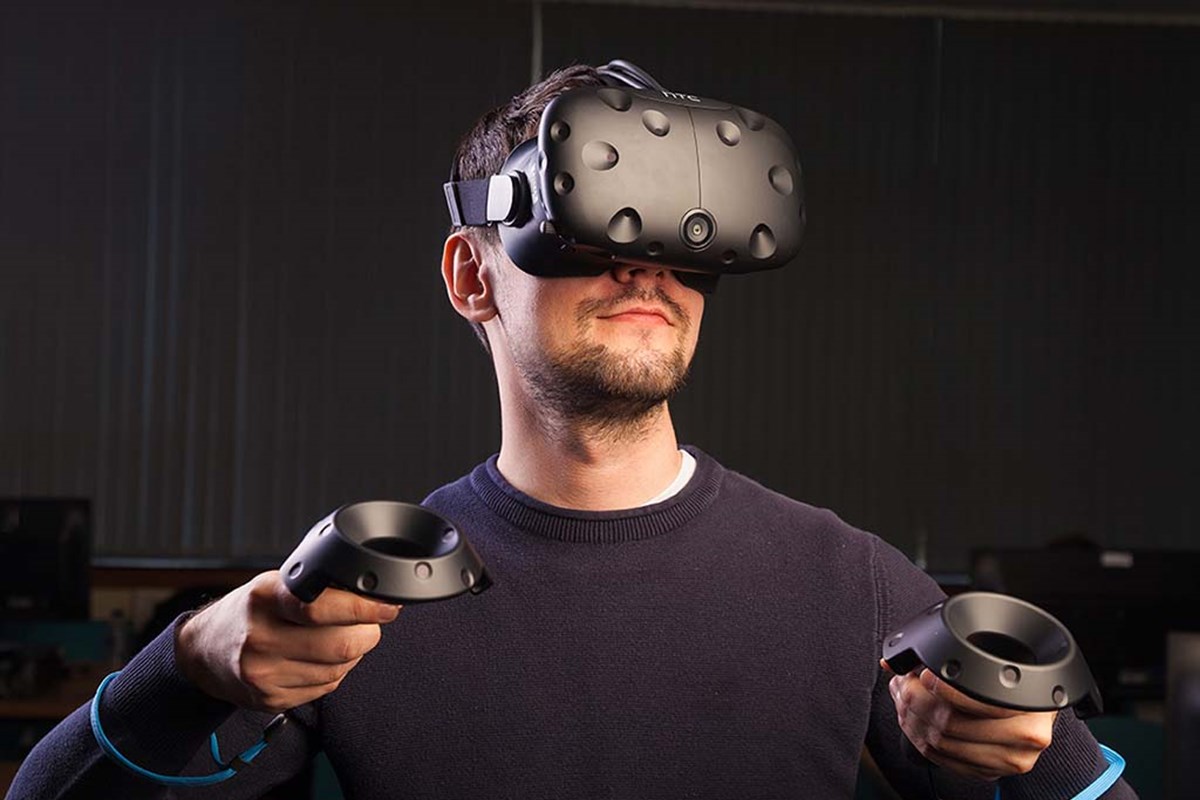
The effect of the coronavirus pandemic on our way of life will be felt for many years to come with the economy likely to experience its biggest change in almost a century.
Digital technologies have already become an important part of many aspects of our lives beyond even what we may have envisaged only a few months ago. And they look set to have an even greater impact on our future economic and cultural development.
The recent launch of the Digital Nation challenge by a partnership of the Scottish Government and ScotlandIS calls for ideas that will help increase the pace of Scotland’s digital progress. It recognises the need to start developing now the critical national digital and data infrastructure the country needs for future growth. I believe our existing Games and Animation curriculum at Fife College has an important role to play here.
Already a key growth sector in the pre-coronavirus world, the existing skills of games and animation have the potential to be developed into a broader set of transferable digital skills to help boost other parts of our economy.
This could include the restructuring of the retail sector where shopping becomes primarily a digital experience as more and more of us choose to shop online. Data visualisation and interaction, particularly in the public sector, will also be more in demand as people work from home more frequently.
Tourism, which has been deeply impacted by the crisis may be another sector which will rely more heavily on digital technologies. From destination VR experiences to social media campaigns, digital technologies are already important tools many in the tourism industry – the current crisis has only emphasised the need to develop them further within this sector
In entertainment sectors such as movie and TV production digital skills developments allow new ways of working. Industrial Light & Magic’s Stagecraft, an end-to-end virtual production system, is a good example how cutting-edge technology can be combined with traditional film making to bring us productions like Rogue One and The Mandalorian.
All of these areas, and many others, could benefit from the application of transferable digital skills coming out of established games and animation technologies in the months and years ahead.
So, whether you have previously considered a career in digital technologies or you are looking to re-skill, now is a great time to get in on the ground floor and develop a set of transferable digital skills that will support lifelong career development in the new economy.
And here at Fife College within our Digital Technologies curriculum we have a range of courses from entry level to degree to help you to just that.
Taught in a games and animation context our courses are often project based and follow common workplace practice. There are even opportunities to work in a team on a project brief for live clients.
Our courses will not only help build digital skills but also allow you to express creativity in animation production, games development, digital storytelling and interaction design.
For more information about games and animation courses on offer at Fife College visit our digital pages.
Chris Boyle is a Digital Technologies lecturer at Fife College.



